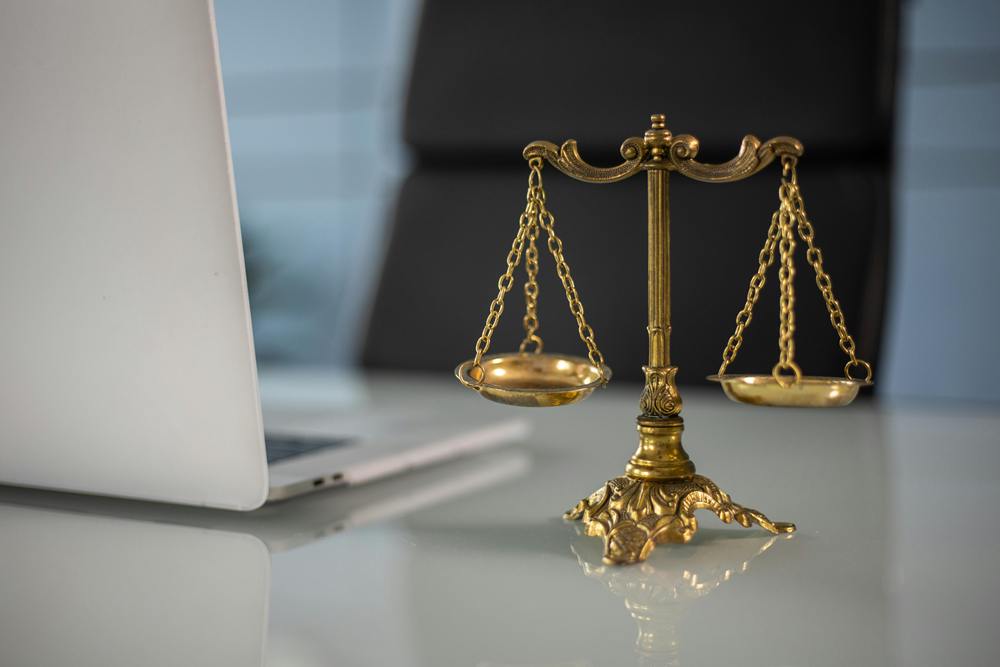Addressing sexual dysfunction in catastrophic injury claims

Warren Collins, Solicitor-Advocate at Penningtons Manches Cooper, tackles this delicate subject.
The intimate consequences of catastrophic injury are often the most difficult to discuss, yet they represent profound losses that deserve proper legal recognition and compensation.
English courts have increasingly recognised that sexual dysfunction following injury constitutes a legitimate component of general damages for pain, suffering and loss of amenity (PSLA).
The key is establishing clear medical causation between the injury and the sexual dysfunction, supported by expert evidence from appropriate specialists including urologists, gynaecologists, or sexual health experts.
Courts consider factors including:
- Complete loss versus diminished capacity
- Impact on existing relationships
- Effect on future relationship prospects
- Psychological consequences and loss of self-esteem
- Age and circumstances of the claimant
The Sex Worker Question:
This remains legally complex in English law.
While courts have awarded damages for loss of sexual capacity, direct claims for commercial sexual services face significant hurdles given current legislation around sex work.
However, damages may encompass the broader costs of relationship counselling, therapy, and medical interventions to address sexual dysfunction.
Transatlantic Perspective
Working regularly with US attorneys on cases involving UK clients injured in America has highlighted fundamental differences in approach.
Loss of consortium – covering the loss of companionship, affection, and sexual relations – is a well-established principle in US personal injury law, crucially allowing uninjured spouses to claim independently for their own losses.
English law takes a markedly different approach: only the injured party can claim.
An uninjured spouse or partner has no independent right to compensation for their loss of consortium, sexual relations, or companionship.
This represents a significant gap in English personal injury law – the knock-on effects on relationships and family life remain legally invisible, despite their profound real-world impact.
The challenge for practitioners is ensuring these deeply personal losses aren’t overlooked in the pursuit of more obvious economic damages.
Every catastrophic injury case demands a holistic assessment of how the injury has affected the claimant’s life in its entirety.
About Warren Collins
Warren Collins is a solicitor-advocate at Penningtons Manches Cooper LLP in London.
He has been practising catastrophic personal injury litigation for more than 30 years with a special interest in traumatic brain injuries and spinal cord injuries cases for Claimants.
He is Chief Assessor to the Law Society’s Personal Injury Accreditation Scheme and also a regular writer and speaker on innovative handling of litigation.
He has a special expertise in transatlantic injury litigation.
He is a leading member of the American Association for Justice where he served as immediate past co-chair of the International Practice Section and is the only UK solicitor member of the US based National Trial Lawyers Top 100.
He can be reached at warren.collins@penningtonslaw.com










